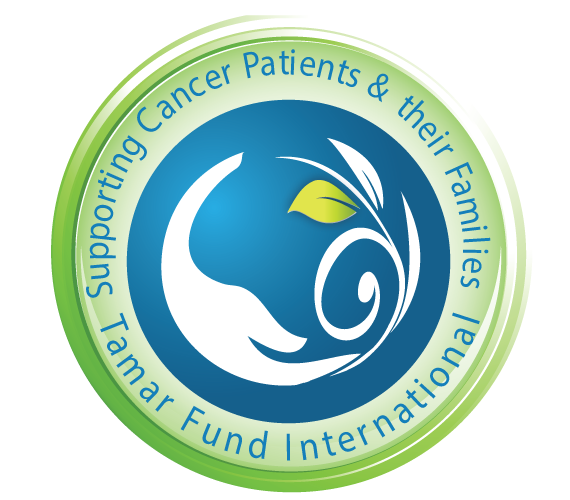The meeting is designed to allow for the ventilation and release of emotions, fears, and thoughts, and to assist in carrying the burden. It also aims to alleviate the feeling of suffocation that intensifies with the accumulation of complex feelings and concerns.
Most volunteers come from a broad spectrum of therapeutic specializations: social work, psychology, personal coaching, psychotherapy, spiritual counseling, etc. Some of the supporters have themselves recovered from cancer, and others have a similar family history.
The support is scheduled for one hour weekly during the treatment and recovery period. Typically, there will be between 10-12 meetings. There is an option to extend the period of support and to adjust flexibly to the needs of the patient and their family.
The support takes place in various forms, adapted to the applicant and the supporter. There is an option for face-to-face meetings depending on the availability of a volunteer in the desired area or remote meetings conducted via video call (Zoom) or telephone.
Coach for healing through love
Naomi (a pseudonym) is an elderly, lonely woman whose children and grandchildren have been estranged from her since her divorce. After reaching out to Yad Tamar, she was paired with a volunteer for emotional support (who is also elderly and lonely, finding comfort and companionship in her volunteer work). Together, they opened up and reached understandings, even discovering that they both lived in the same area as children. Following their conversations, Naomi contacted her family and attempted to reconnect with them.
Deborah (a pseudonym), a woman in home hospice, receives daily calls from a Yad Tamar volunteer from the emotional support team. Deborah talks with her about her fears of death, reaches out during panic attacks, and practices calming breathing exercises with her. Her volunteer, Levanah, recounted that on one occasion, Deborah told her, "I love you!"


